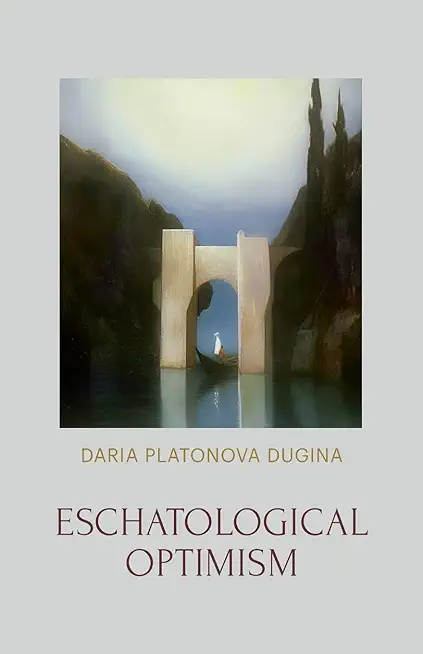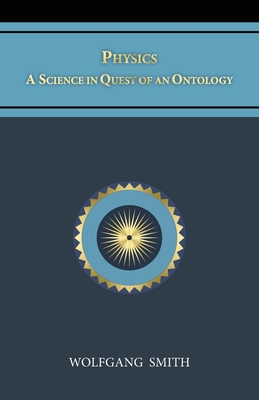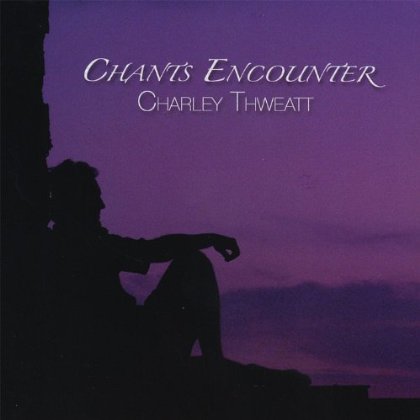
description
n Plato's Republic, a prisoner of the cave of illusions escapes and comes to know the true reality of the outside world and the heavens above, only to realize that he must make a return descent to enlighten his fellow humans - at the risk of sorrow and even death. Socrates insists that the true philosopher and just statesman does not rest content in the bliss of ascended knowledge and harmony, but dares to live, think, teach, and struggle in the world of illusions, here and now. Eschatological Optimism, the posthumous philosophical testimony of Daria Platonova Dugina, explores and develops this ancient idea amidst the overwhelming kaleidoscope of the cave of the modern world. Engaging a vast spectrum of philosophical, theological, sociological, and literary perspectives, Dugina shows that the decision to decipher and face the illusions of our "reality" is only the beginning of an intellectual, existential, spiritual, and political journey which diverse thinkers, ancient and modern, have dared to undertake. At once a philosophical theory, a hermeneutic lens, and a way of life, "Eschatological Optimism" is a watchword, orientation, and mission that inspires one to dare to know, live and die for the higher principles that forever shine through and beyond the cave.
member goods
No member items were found under this heading.
Return Policy
All sales are final
Shipping
No special shipping considerations available.
Shipping fees determined at checkout.







